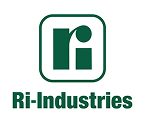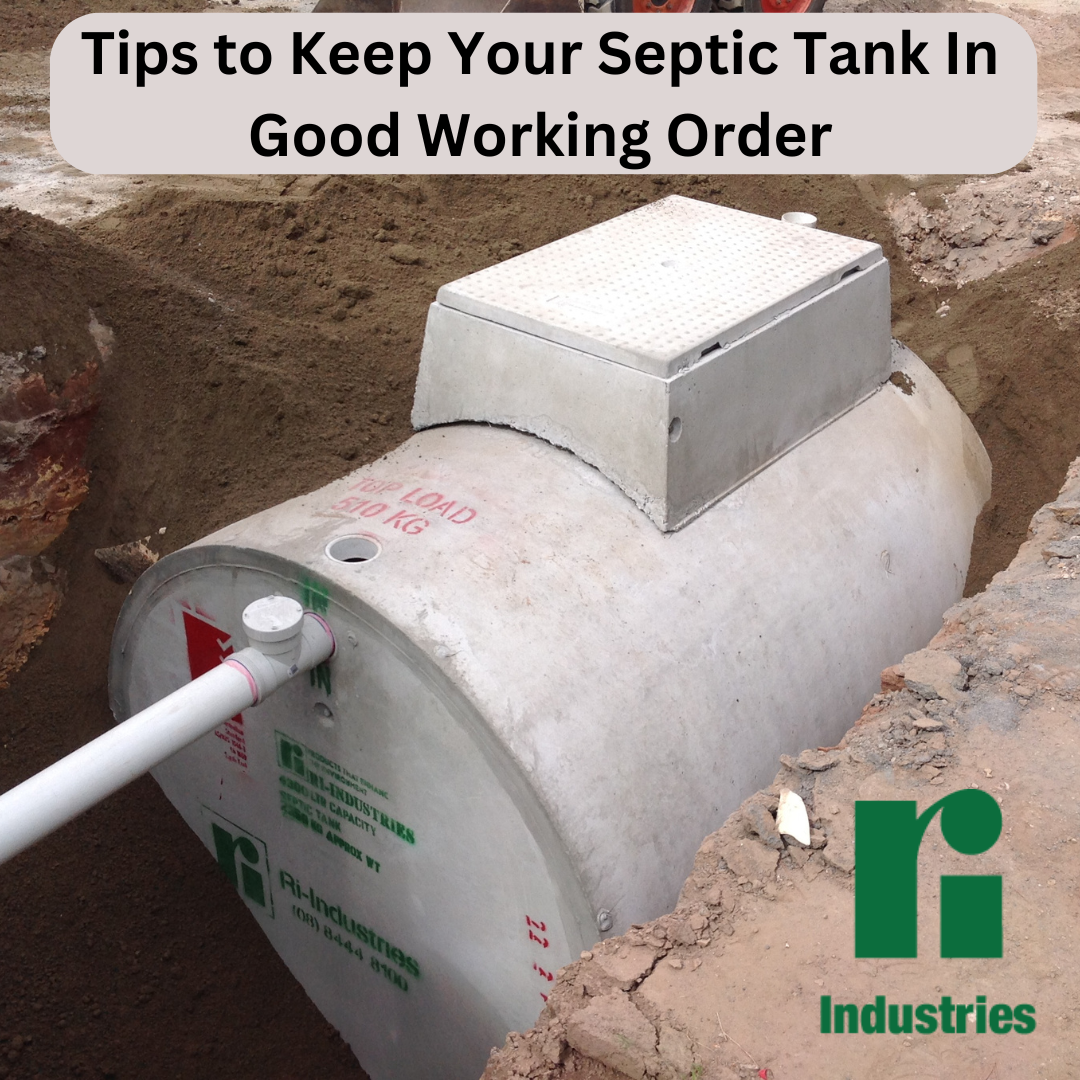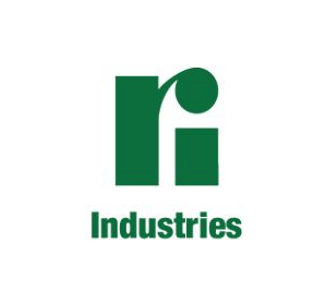Septic tank myths need to be busted! As a leading septic tank company in South Australia, we’ve encountered numerous misconceptions about septic systems. Let’s debunk some of the most common myths to help you better understand and maintain your septic tank.
Myth #1: Septic Tanks Never Need Maintenance
This is perhaps the most dangerous myth we encounter. Many homeowners believe that once installed, septic tanks can be left alone indefinitely. The truth is, regular maintenance is crucial for the proper functioning and longevity of your septic system.
Fact: Septic tanks should be inspected and pumped every 3 to 5 years, depending on your household size and water usage.
Myth #2: Additives Eliminate the Need for Pump-Outs
Some products claim to improve sewage digestion and eliminate the need for pumping. However, this is misleading.
Fact: While certain additives may be beneficial, they do not replace the need for regular pump-outs. Well-balanced septic tanks don’t require additives to function properly.
Myth #3: You Can Flush Anything Down the Drain
This myth can lead to serious septic system problems. Your septic system is designed to handle only wastewater and human waste.
Fact: Items like coffee grounds, feminine hygiene products, and harsh chemicals can upset the balance of beneficial microbes in your tank and cause blockages or system failures.
Myth #4: It’s Fine to Build Over Your Septic Tank
Some homeowners believe it’s acceptable to build structures over their septic tank or drain field.
Fact: Building over your septic system can block access for maintenance, disrupt necessary ventilation, and interfere with the natural breakdown of wastewater in the soil.
Myth #5: Septic Tanks Must Be Replaced After 20 Years
While septic systems don’t last forever, there’s no set expiration date.
Fact: With proper maintenance, many septic systems continue to function well beyond 20 years. The lifespan of your system depends more on how well it’s maintained than on its age.
Myth #6: Water Usage Doesn’t Affect the Septic System
Some homeowners believe their water consumption has no impact on their septic system.
Fact: Excessive water use can overload your septic system, leading to inefficient treatment and potential system failures. Be mindful of your water usage to protect your septic system.
Understanding these facts about septic systems can help you avoid costly repairs and ensure the longevity of your system. Remember, regular maintenance is key to a healthy septic system.
What benefits do you get with a septic tank manufactured by Ri-Industries?
- Engineer-designed and built from fine tolerance steel moulds
- All horizontal tanks engineered to a maximum depth of 900mm
- Manufactured from 40 MPa concrete to give additional strength and durability
- Internally, all joints are sealed, reducing the potential for leakages
- Available in several different sizes, for maximum flexibility
- Child-proof and vandal-proof concrete lids on our septic tanks give you additional peace of mind – also available as stand-alone replacement lids
If you have questions about your septic tank, using the tank, or the maintenance of the tank, don’t hesitate to contact Ri-Industries on 8444 8100.





